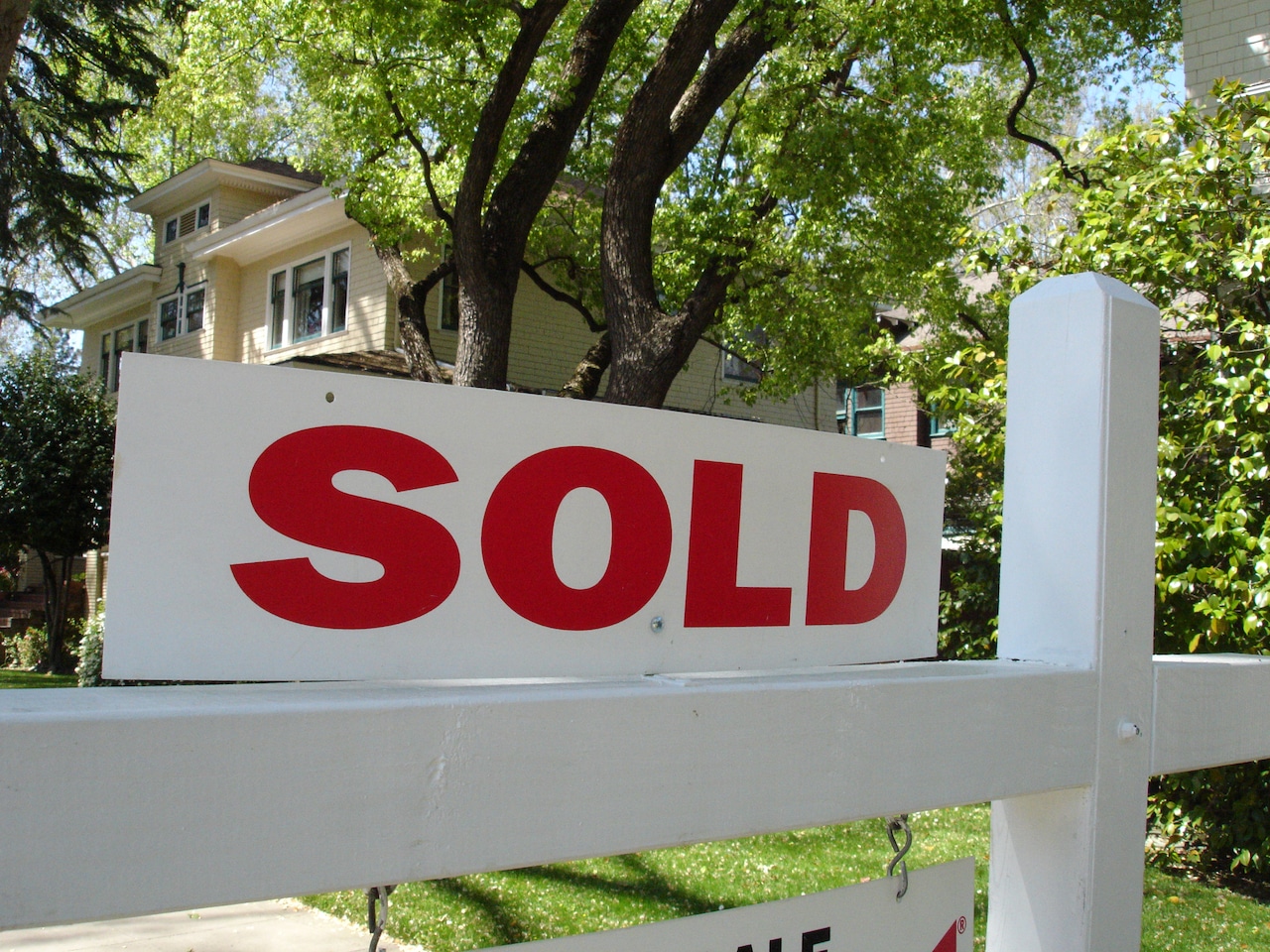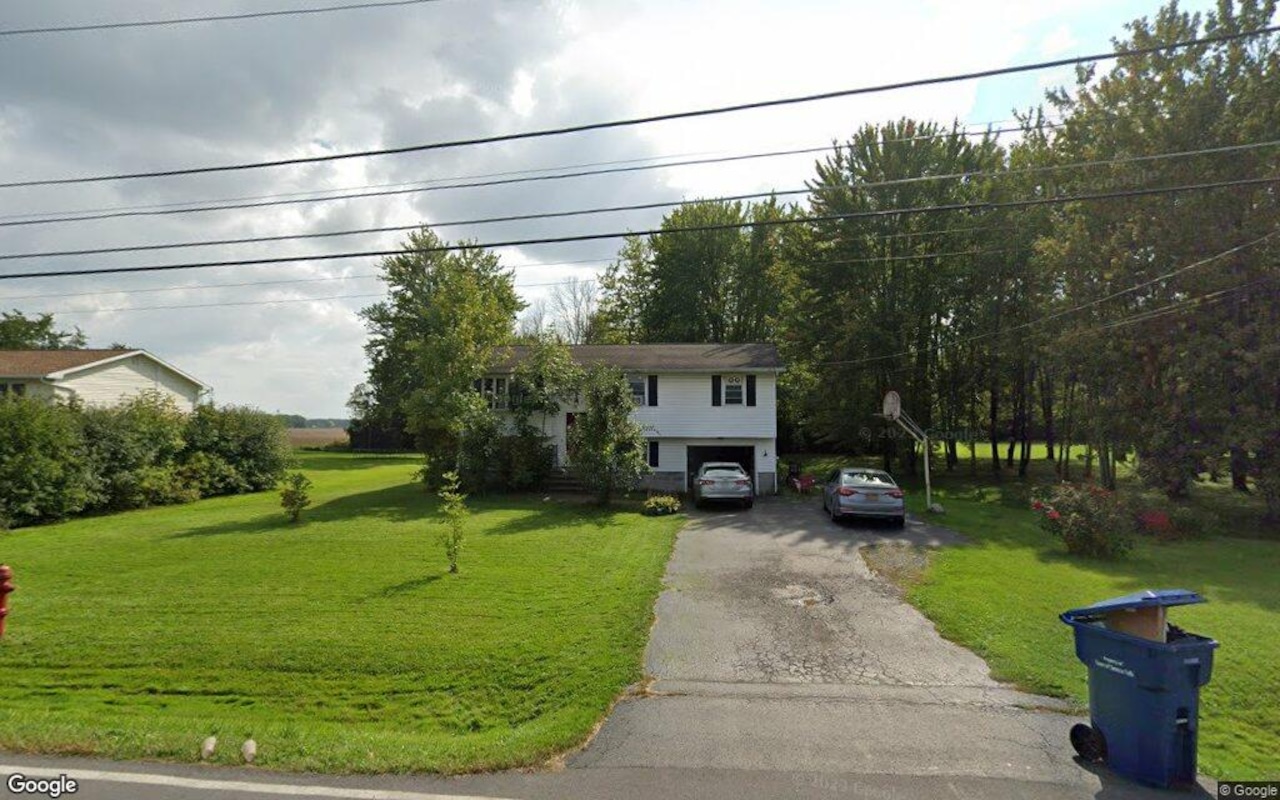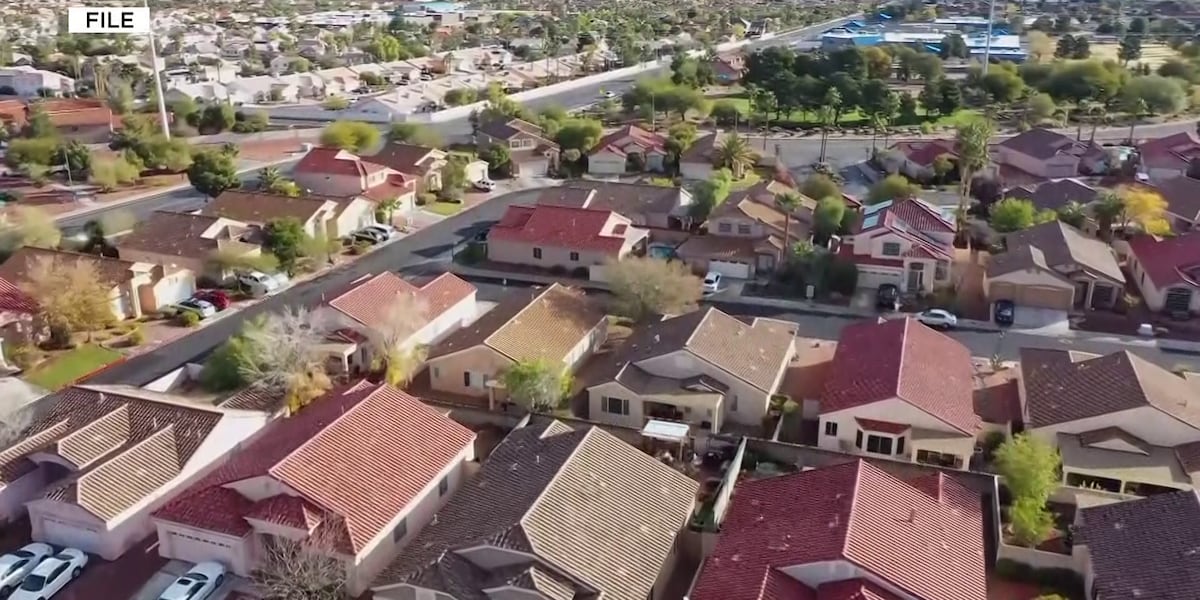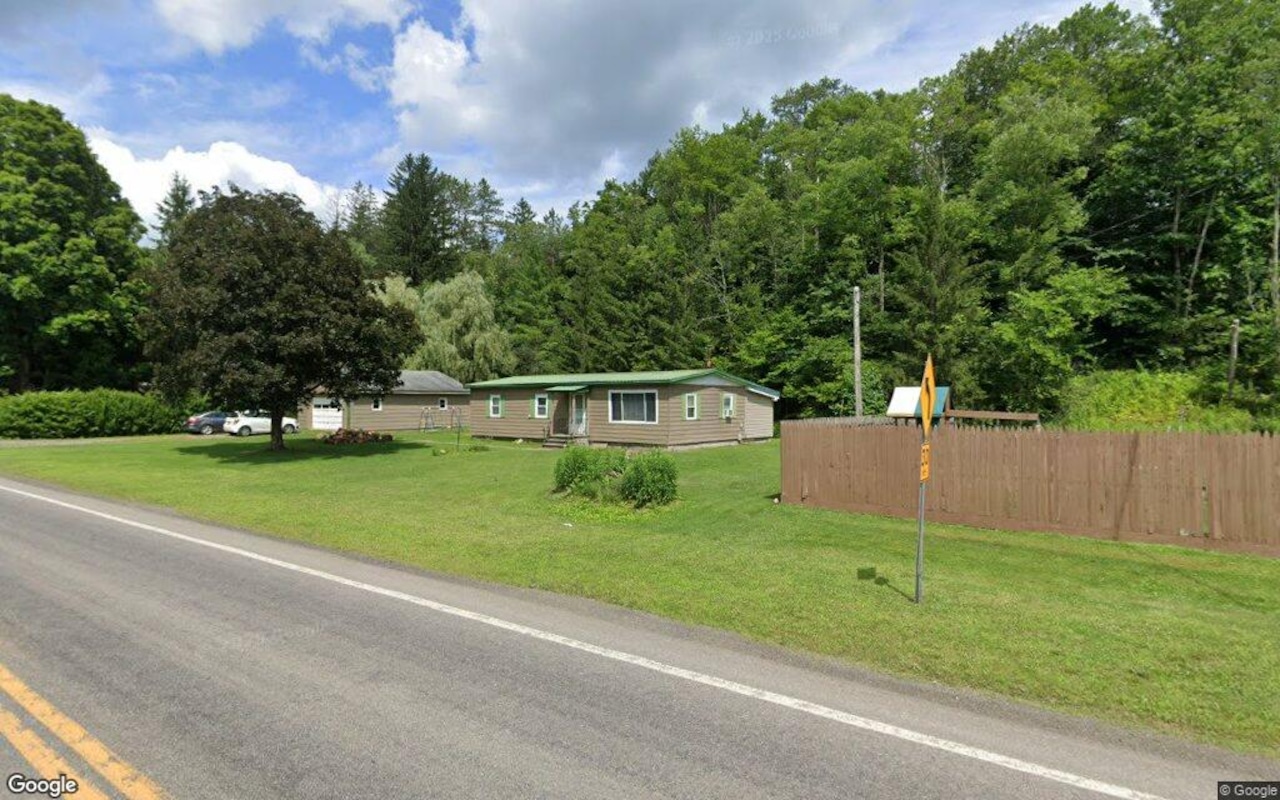C
ondo Prices Fall in Major Florida and Texas Metros
Condo prices are dropping in major Florida and Texas metros due to a surge in inventory and buyers backing off. This is largely due to high HOA fees and insurance costs making condos a tough sell.
In Tampa, there's been a significant increase in condo units for sale, with a 57.2% jump from last year in July. Pending sales have also dropped by 18.9%, while median sale prices have fallen by 4.9%. Similarly, in Houston, condo inventory is up by 35.9%, pending sales have dropped by 35.3%, and prices have fallen by 6.5%.
While single-family homes in Florida and Texas are also experiencing more supply than demand, their market is faring slightly better, and prices are generally increasing.
Reasons for Falling Demand for Condos in Florida and Texas:
Surging HOA fees in Florida are a major factor in the declining demand for condos. According to a separate Redfin analysis, HOA dues have risen more than 15% from last summer in Tampa, Orlando, and Fort Lauderdale. They've also increased more than the nationwide average in West Palm Beach and Jacksonville. The surge in HOA fees is due to additional maintenance requirements for condos following the Surfside condo collapse, as well as rising insurance costs.
Climate disasters are also contributing to soaring insurance premiums in Florida and Texas. Frequent and intense natural disasters in these states are causing insurance costs to skyrocket, which in turn leads to surging HOA fees in condo buildings as maintenance costs are passed on to unit owners. Some buyers in Florida and Texas are struggling to find homeowner coverage at all as insurance companies leave these states. These rising costs, along with the natural disasters themselves, are scaring off condo buyers and motivating condo owners to sell. Rising insurance costs also impact single-family homes, but condo owners are hit particularly hard because many condo buildings are located on the waterfront, where insurance costs are higher. Owners of single-family homes on the waterfront are more likely to have enough money to pay high insurance costs or pay cash to avoid insurance altogether.
Investors are backing off from condos. Nationwide, investor purchases of condos have fallen by 3% year over year in the second quarter. In Florida, Redfin agents are reporting that investors are no longer interested in condos; instead, those who bought condos to rent them out a few years ago are trying to offload them.
New construction boom in Texas and Florida. Texas and Florida are building more new homes, including multifamily buildings, than anywhere else in the country. This includes many new condo buildings, some of which were built in the wake of the Surfside condo collapse, revealing that many older condo buildings on the Florida coast needed to be replaced. This is adding to the surge in condo inventory as buyers turn away.
\"The condo market isn't moving,\" said Steven Weiss, a Redfin Premier agent in Tampa. \"Most of today's buyers want move-in ready single-family homes. It's much more difficult to sell a condo. Buyers are aware we're at somewhat of a tipping point for condos, and that their value may continue to decline as HOA fees rise and people grow more wary of buying in a waterfront building.\"
Nationwide, condo sales are slow but prices are holding up
Looking at the U.S. as a whole, pending sales of condos fell by 5.5% year over year in July, reaching the lowest level ever recorded for any July. For comparison, pending sales of single-family homes were essentially unchanged from a year ago.
The number of condos for sale rose by 27.1% from a year ago, a significant increase but much smaller than what Florida and Texas are experiencing. The mismatch in supply and demand hasn't yet pushed down prices nationwide; the median condo-sale price is up by 3.9% year over year.
The downturn in the national condo market is being driven by the downturns in major Florida and Texas metros, as well as other Sun Belt metros like Phoenix and Nashville, TN.
However, Redfin agents in other parts of the country report slow condo markets as well, partly due to rising HOA fees. In San Jose, CA, for instance, condo inventory is up by 50.7% year over year, and prices are down by 3.2%. In Denver, pending sales of condos have dropped by 25.4% and prices are flat.













